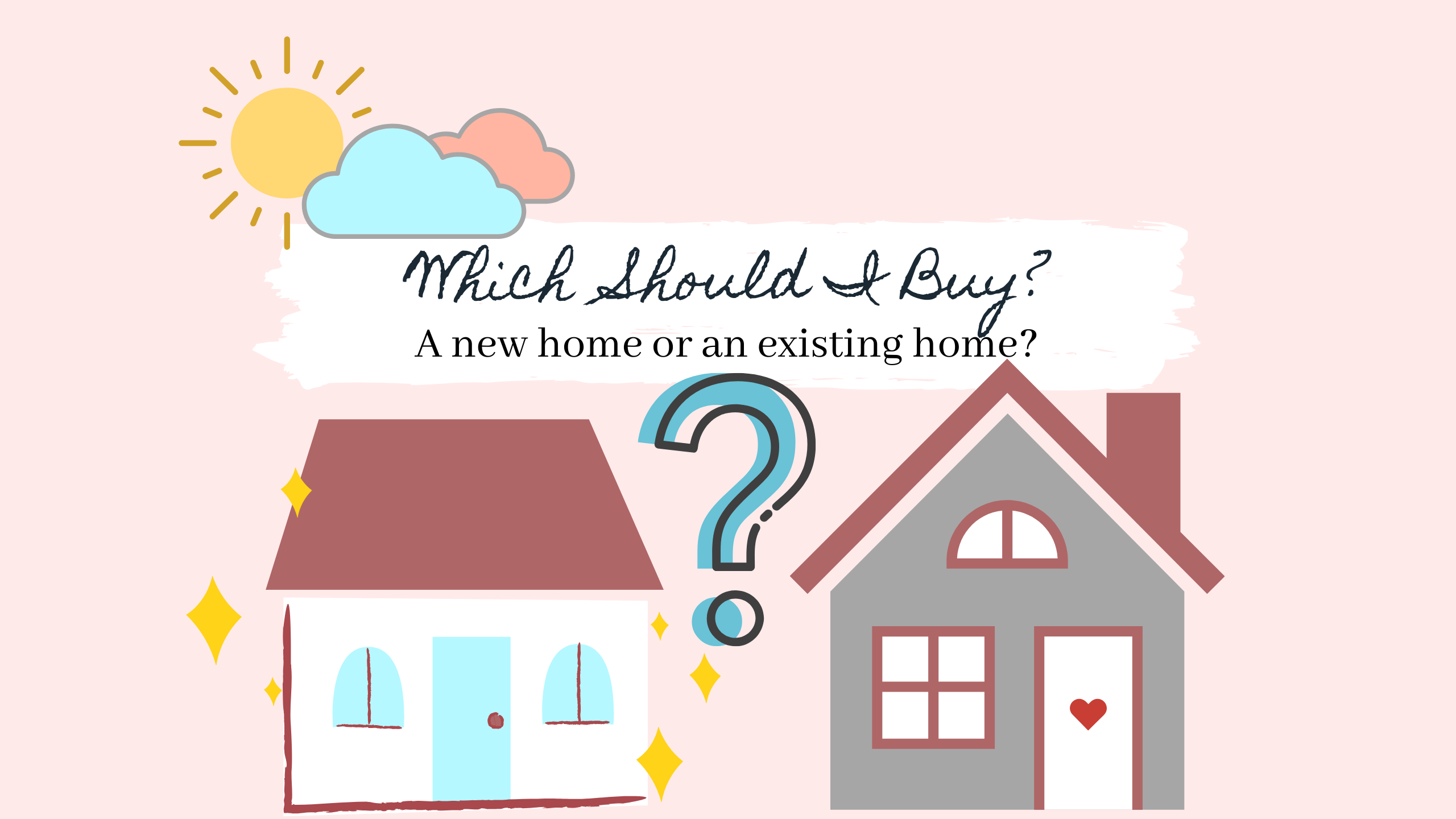If you’ve already taken your first few steps into homebuying and know what you can afford, how mortgages work, and how to quailfy, then you’re definitely ready to take your first foray into asking some of the more nitty gritty questions of first-time homebuying. Depending on where you live, one of those questions may be, “Should I buy a new house, or move into an existing home?”
There are a lot of factors that come into play when answering this question, but luckily, Minnesota realtor Alex Anderson has already laid them all out quite neatly in his own blog post. Give it a read and see if it can help you in getting closer to a decision!
Buying a brand new home as a first time home buyer is an attractive proposition for most; you get to move into a completely new living space with brand new amenities and don’t have to worry about maintenance and renovations for at least the first year.
However, a brand new home can be significantly more expensive than an existing home and you don’t always know what to expect if you’re one of the few homes in a growing neighborhood.
Comparing the strengths and limitations of each scenario helps in coming up with the best decision for your home buying; the following are questions you must keep in mind when you begin finding your new home:

1. To what extent would you be wanting to pay for your desired property?
Expect a premium price on any brand new home because of its freshness; basically, you will be the first one to use everything, from the bathroom, kitchen appliances, to the painted walls and carpeted rooms.
2. Does resale value matter to you?
Existing homes for sale can have slower appreciation than newly-constructed ones. If you are planning on selling your home in the very near future, a brand new home may have a higher market value shortly after you move in, making it easier to sell the home for a profit.
3. Are you willing to adapt to the neighborhood?
Many new home constructions move at a very fast rate and as one of the first homeowners in the area – knowing what the neighborhood is like wont happen unless you get to meet more people in your new environment. You may need to consider safety and security if you have small children or elderly residents living in your home, and find out what options you have to make sure your home is as safe and secure as possible.
4. Do you want to invest time and money to renovate a home?
Existing homes can appreciate tremendously in value if you have the time and resources to invest in renovations and maintenance. Finding good investments that will work in the long run but can be profitable even in a shorter time is possible with a ‘fixer upper.’
5. Which do you prefer, a primary residence or an investment?
Most beginning homebuyers want investment properties that they can soon turn into a profitable business. However, older and mature homebuyers prefer primary residence mainly for purposes of settling down or establishing themselves in the neighborhood. Consider what your short-term and long-term goals are so you can make the best decision for your first home purchase.
Based from your goals (both longterm and short term) and the amount of money you are willing to shed off your pocket – thats when you decide to have either a new or existing home. Consider all of the above questions when you’re deciding between the two options so you can make the best investment with your resources.



